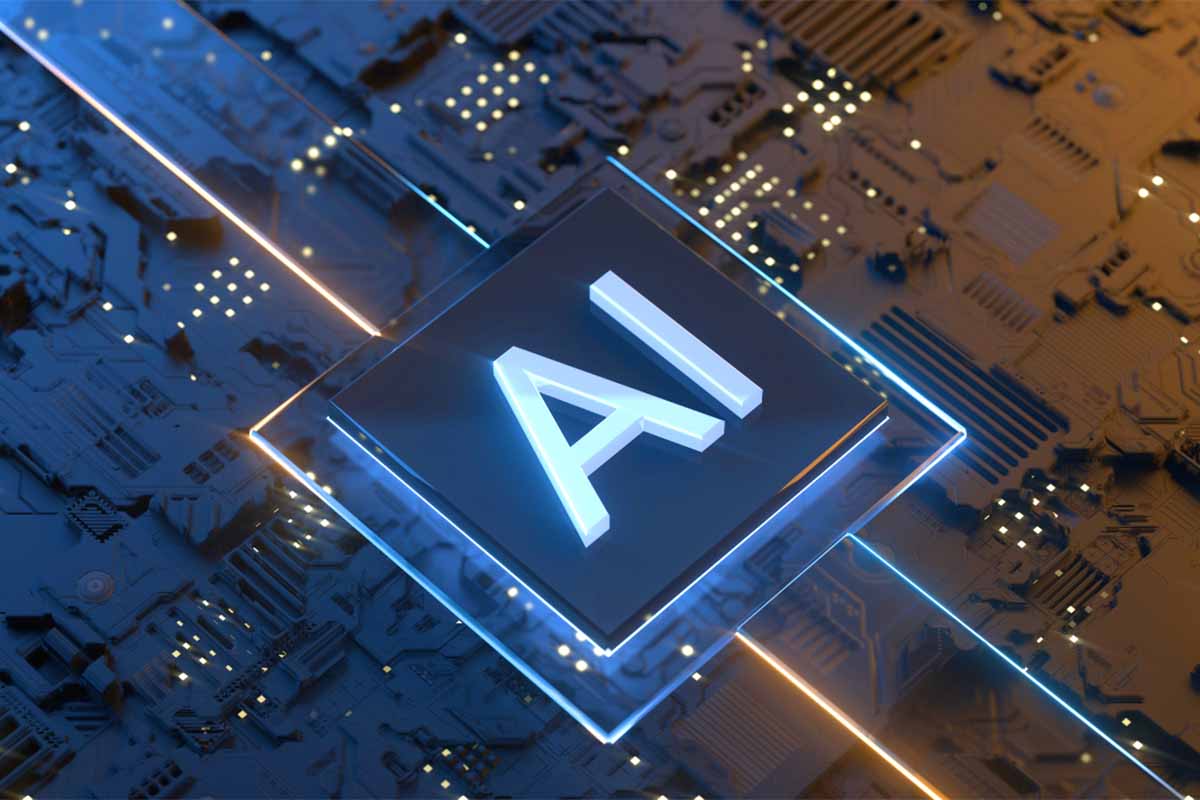As the IT career field accelerates at a remarkable speed, so does the need for skilled professionals that can keep up with new advancements and growth in industries. Be it Artificial Intelligence (AI), Blockchain, or Cloud Computing technologies – these cutting-edge developments require an entirely novel set of job roles, training, education, and technical skills. This white paper delves in to analyze what are expected to be the top 10 most lucrative IT job titles in 2023; offering you full insight into each role’s description, required qualifications and competencies as well as their projected annual salary.
Understanding AI Technology and Privacy Rights: A Comprehensive FAQ Guide
What are the implications of AI technology on individual privacy rights?
AI technology processes vast amounts of personal data to learn and make decisions, potentially affecting privacy rights by accessing, storing, and analyzing personal information without explicit consent. To mitigate these implications, it’s crucial for AI systems to incorporate privacy-preserving measures, such as anonymization and secure data handling practices, ensuring they comply with data protection regulations like GDPR and CCPA.
How does AI technology challenge the traditional concepts of privacy?
Traditional privacy concepts often revolve around human-to-human interactions and straightforward data transactions. AI technology, by its nature, challenges these concepts by enabling machines to predict, influence, and make decisions about individuals at a scale and in ways that were previously unimaginable. This raises concerns about surveillance, consent, and the autonomy of personal data, requiring a reevaluation of privacy rights in the AI era.
Can AI technology improve privacy protection measures?
techniques like differential privacy, encrypted computations, and federated learning, AI can analyze data without compromising individual privacy. These technologies enable insights to be gained from data while minimizing the risks of exposing personal information, thereby offering a path to reconcile AI development with privacy rights.
What are the responsibilities of AI developers and companies in protecting privacy rights?
AI developers and companies bear significant responsibilities in safeguarding privacy rights. They must ensure their AI systems are designed and operated transparently, with built-in privacy safeguards. This includes conducting privacy impact assessments, obtaining informed consent from data subjects, and implementing data minimization and security measures. Moreover, they are obligated to comply with relevant privacy laws and regulations, demonstrating accountability in their use of AI.
How can individuals safeguard their privacy rights in the age of AI technology?
Individuals can protect their privacy rights by staying informed about how AI technologies might use their data and exercising their rights under privacy laws, such as requesting data deletion or correction. Using privacy-enhancing tools, like VPNs and secure browsers, and managing consent settings on platforms that use AI, also empower individuals to have more control over their personal information in the digital age.













